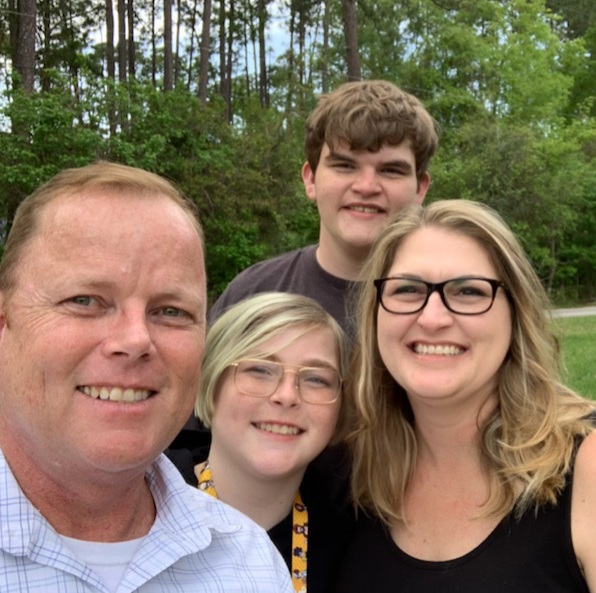Parent Leader Spotlight: Better Communication about IEPs
Amy Boyle is using her experience with IEPs to help other families and teachers.
4/5/2021

Tell us about your project through Parents Who Lead.

What makes it hard for teachers to understand a child's IEP?
How do you usually share it with your children's teachers?
How are you working to expand the use of this one-pager to reach more children and teachers?
You recently reached out about JPEF's new research that describes the positive impact of black male teachers on students. Can you share more about that?
How did Parents Who Lead help accelerate your leadership?
The word leader was not ever a word that I would have used to describe myself before taking the program. I feel like the program has taught me how to effectively use information over emotion (I/E) to communicate. It has allowed me to make connections to help my project grow, it gave me a seat at the table within our district, and gave me a group of people that partner with me and believe in my ideas. They all encouraged me along the way. It was very much like being back in a college class with a professor, but this time I have a team that has a vested interest in my success. I actually looked into a doctoral program in ESE Education Leadership to further my own personal growth, it's something that has been on my mind. I look for ways to gain a better understanding on how to effectively advocate for children in exceptional education. I feel like it empowered me to be a leader and take my advocacy to the next level.